How Climate Change Affects Wine - Wine Spectator Insights
Overview
Climate change is transforming the wine industry in ways we can’t ignore. Rising temperatures, wild weather, and shifting seasons are challenging winemakers everywhere. This article dives into how these changes affect wine, spotlighting sustainability efforts from leaders like Jackson Family Wines and insights from Wine Spectator.
The Climate Challenge for Wine
Wine depends on a perfect mix of weather, soil, and timing—something experts call terroir. But climate change is throwing that balance off. I’ve seen how even small shifts in temperature can change a grape’s flavor. It’s not just science; it’s personal for anyone who loves a good glass of wine.
- Hotter Days, Sweeter Grapes: Grapes ripen faster in warmer weather, boosting sugar and dropping acidity. That can make wines taste heavy or too boozy. A UC Davis study found harvests in Napa Valley shifting weeks earlier due to heat.
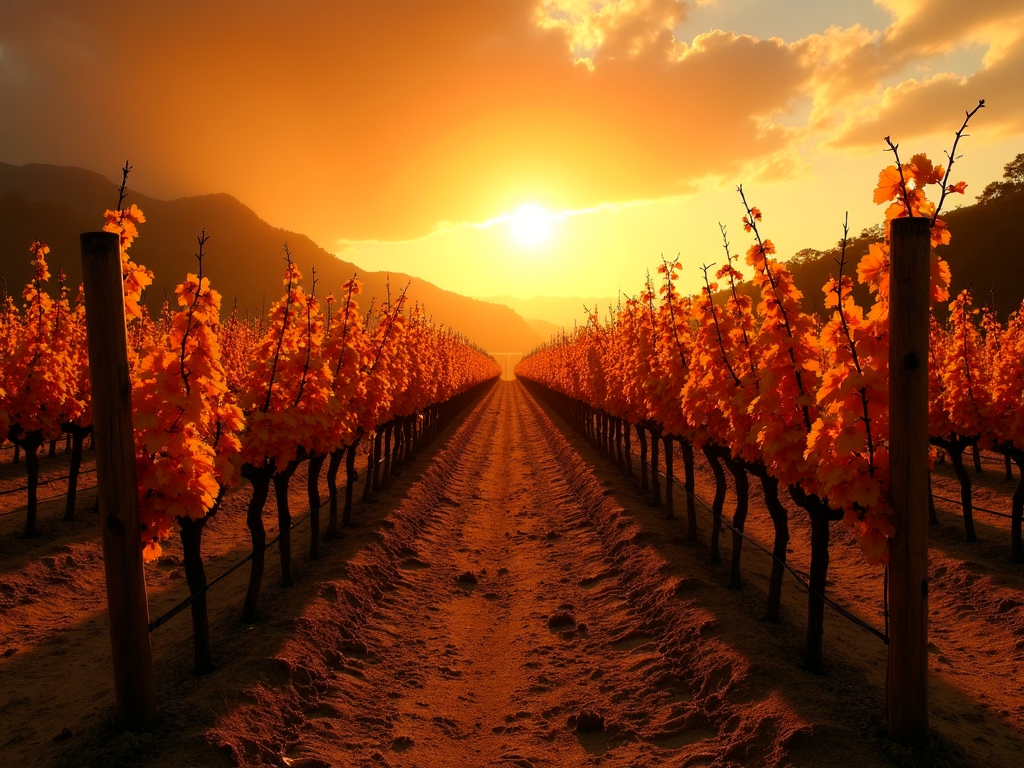
-
Unpredictable Seasons: Growing seasons are stretching in places like Bordeaux, which sounds great—until a heatwave hits. Meanwhile, cooler spots like England are suddenly making decent wine. It’s wild to think my next bottle might come from Sweden!
-
Extreme Weather Hits Hard: Wildfires in California left grapes tasting like smoke in 2020. Frost in France wiped out crops in 2021. These aren’t just headlines—they’re disasters for families who’ve tended vines for generations.
Sustainability in Winemaking Explained
Winemakers aren’t just sitting back—they’re fighting to adapt. Sustainability isn’t a buzzword; it’s survival. I’ve talked to growers who say it’s about leaving the land better than they found it. Here’s how they’re doing it:
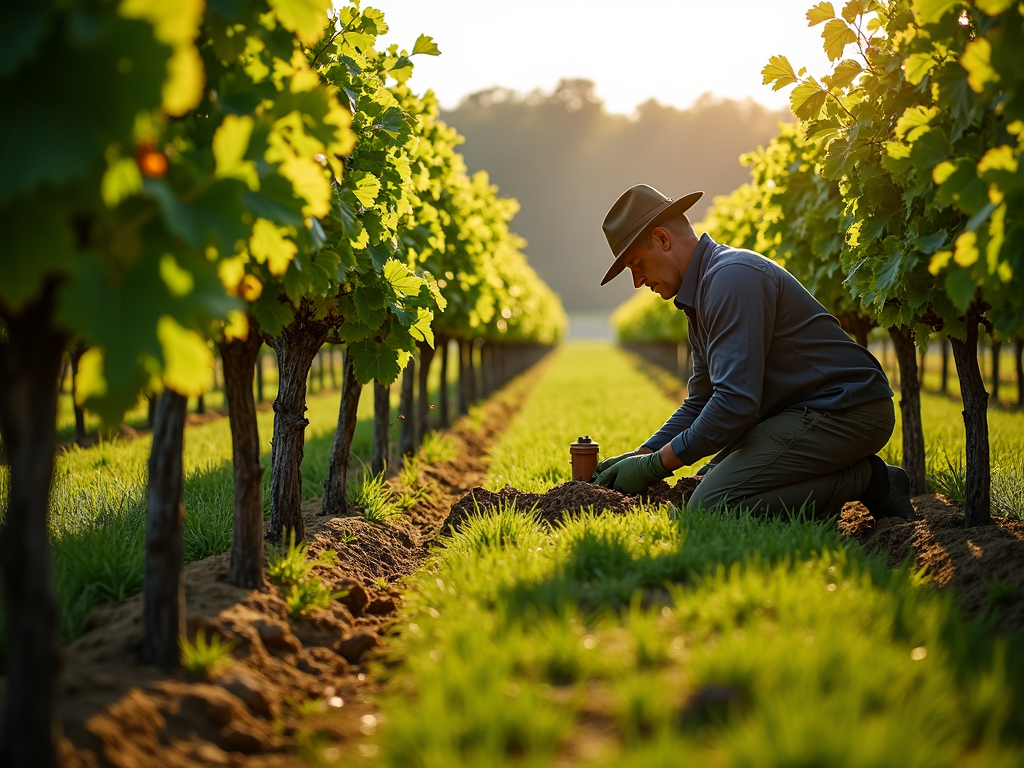
-
Regenerative Farming: This means building up the soil with plants and compost. It traps carbon and keeps vines strong. Jackson Family Wines is all in on this—more on them later.
-
Organic Methods: No harsh chemicals here. Organic vineyards use natural pest control and fertilizers. It’s tougher work, but the vines handle stress better.
-
Smart Water Use: With droughts getting worse, wineries are using drip irrigation and recycling water. Every drop counts when rivers run dry.
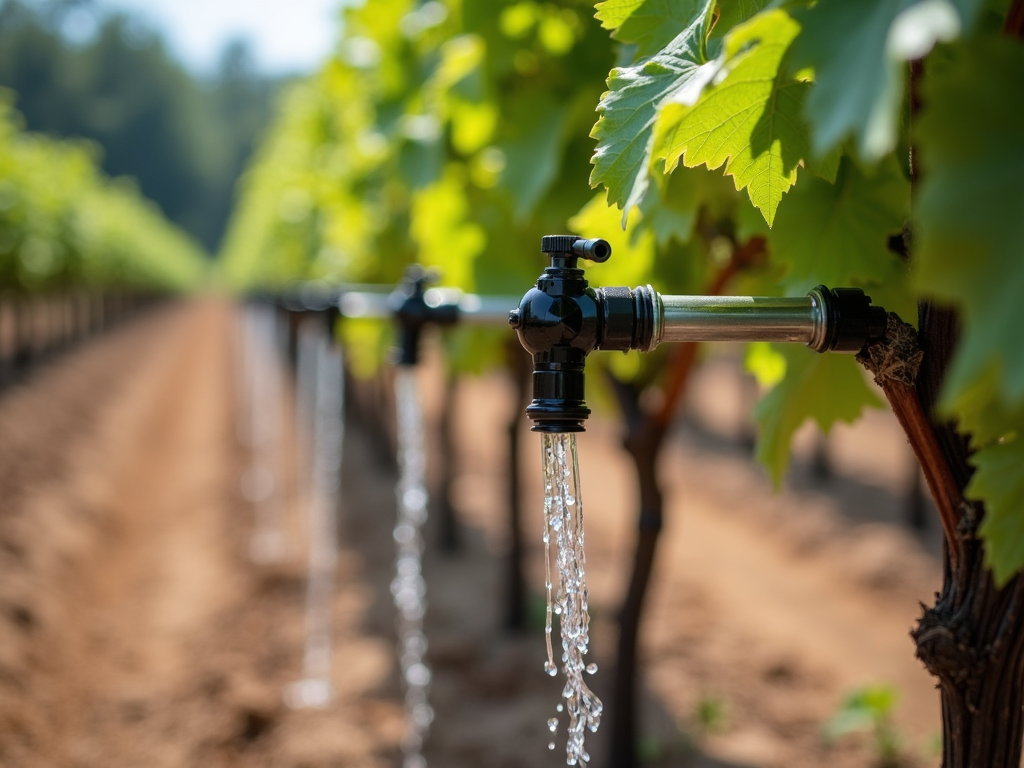
Jackson Family Wines and Organic Vineyards
Jackson Family Wines isn’t just a big name—they’re leading the charge. With dozens of wineries, they’re pushing for all-organic vineyards by 2030. I visited one of their spots in Sonoma once, and the difference was clear: healthier vines, buzzing with life.
-
Soil First: They’re testing regenerative tricks like cover crops at Saralee’s Vineyard. Early data shows more carbon locked in the ground and happier grapes.
-
Water Savers: They’ve cut water use by 43% per bottle. Sensors track soil moisture, and they reuse winery water. In California, that’s a game-changer.
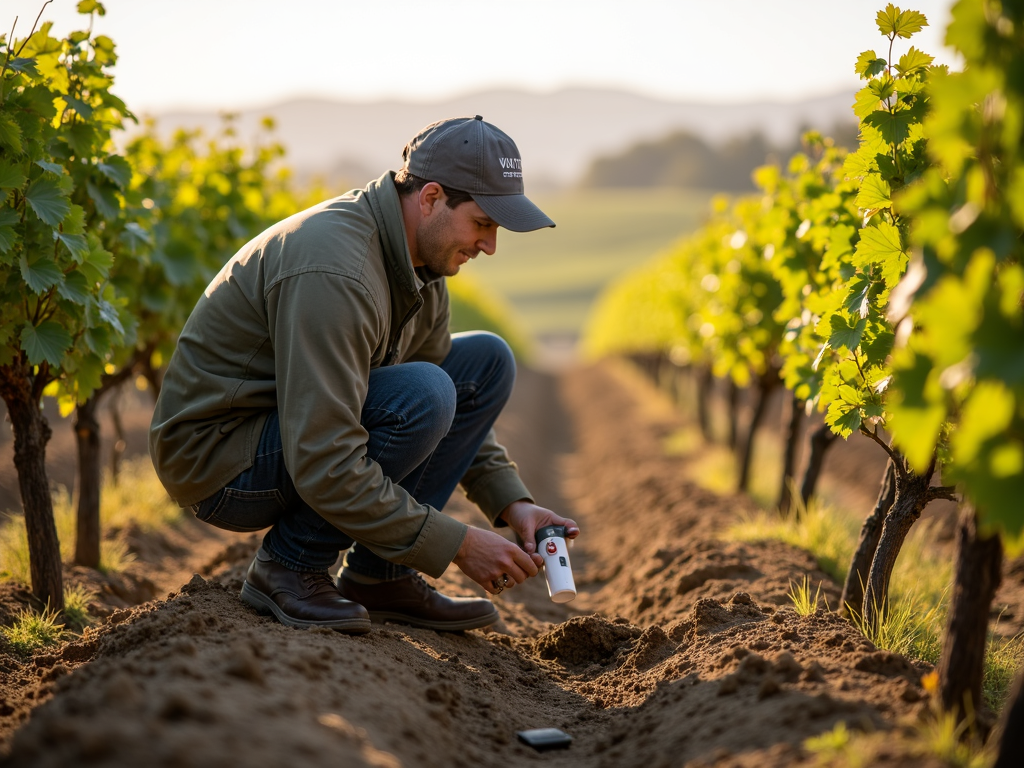
- Big Goals: They want to be climate-positive by 2050—removing more carbon than they release. It’s ambitious, but they’re backing it with real action.
Wine Spectator’s Take
Wine Spectator has been sounding the alarm on climate change for years. Their articles break it down—how smoke taint ruins harvests, why sustainability matters. They’ve spotlighted wine brands like Jackson Family Wines, showing what’s possible.
- Real Stories: They interview winemakers and scientists, making the issue feel close to home. I read one piece about a grower who lost everything to wildfire—it stuck with me.
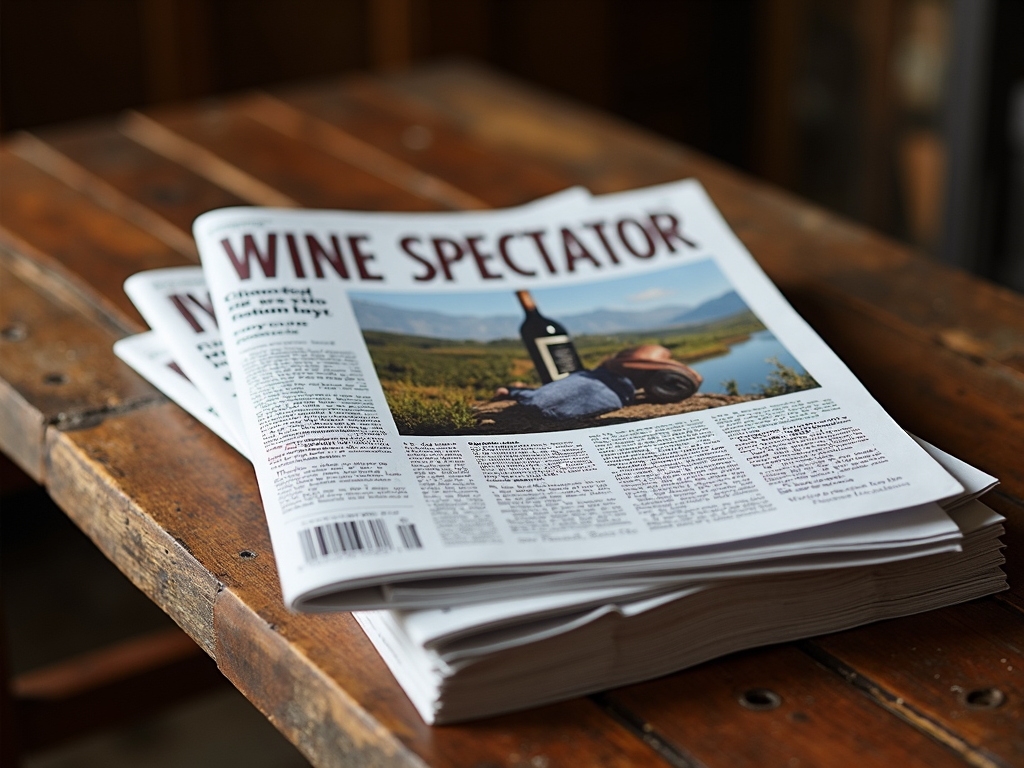
What’s Next for Wine?
The future’s uncertain, but there’s hope. Winemakers are trying new grapes that love heat, like Touriga Nacional. Tech is helping too—think tools to zap smoke taint out of wine. A University of Adelaide project is making that real.
-
New Regions: England’s sparkling wines are taking off. Who knows—maybe Denmark’s next. It’s exciting to see the map redraw itself.
-
You and Me: We can help by picking sustainable wine brands. Look for organic or regenerative labels next time you shop. It’s a small choice with big impact.
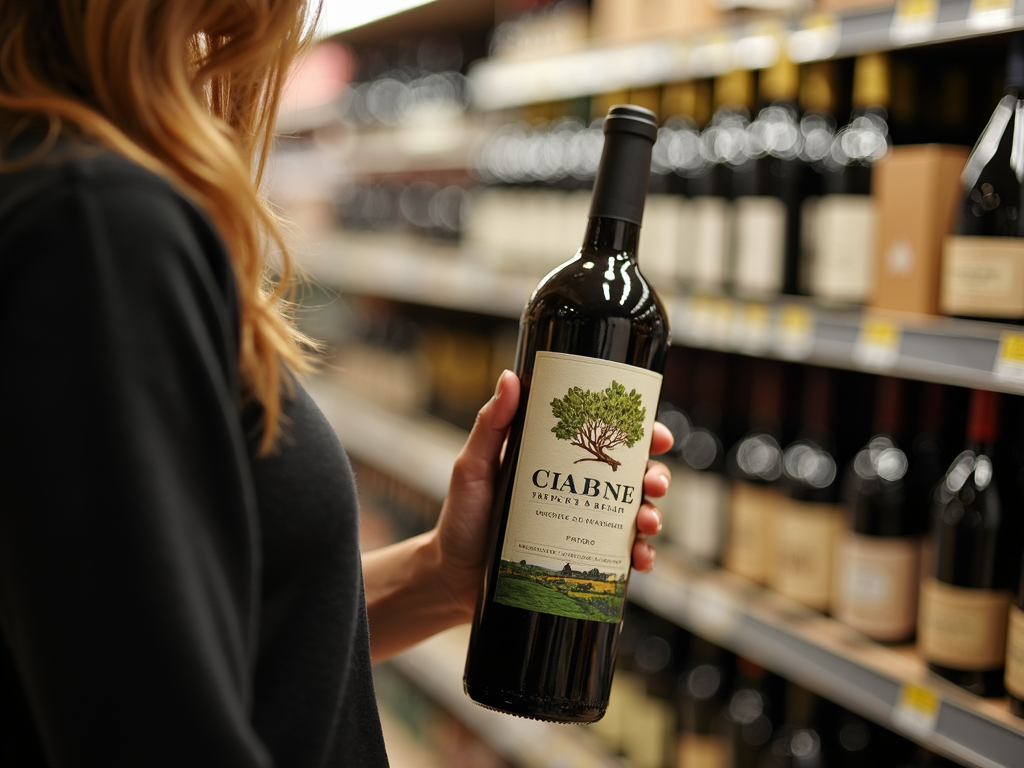
Wrapping Up
Climate change is shaking up wine, but the industry’s fighting back. From Jackson Family Wines’ organic vineyards to Wine Spectator’s deep dives, there’s a push to adapt and thrive. We can pitch in by supporting sustainable producers. The next glass you pour could help shape the future.